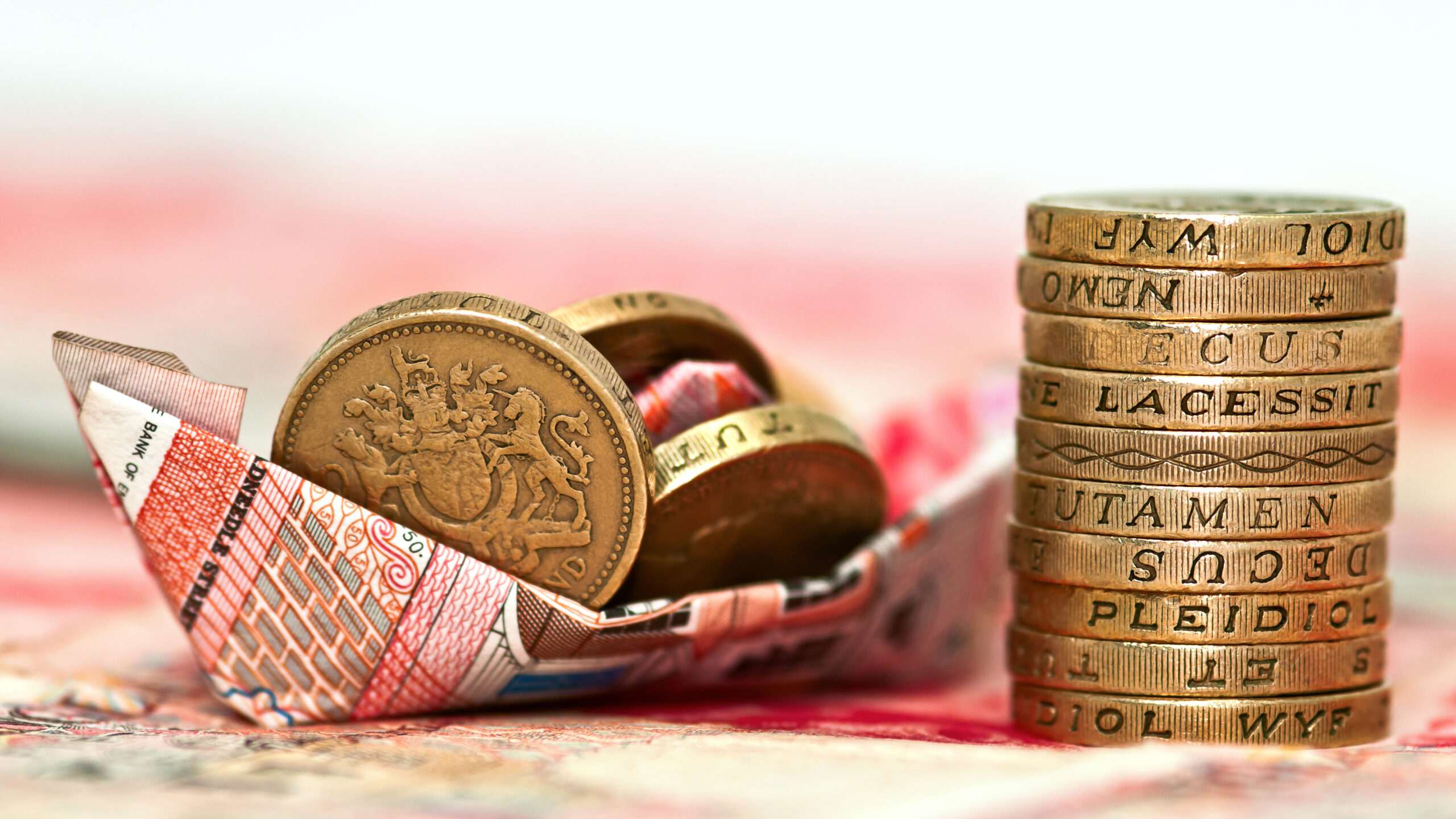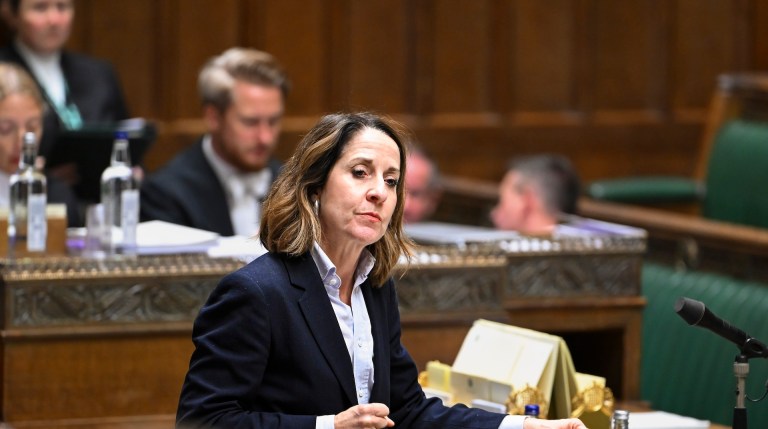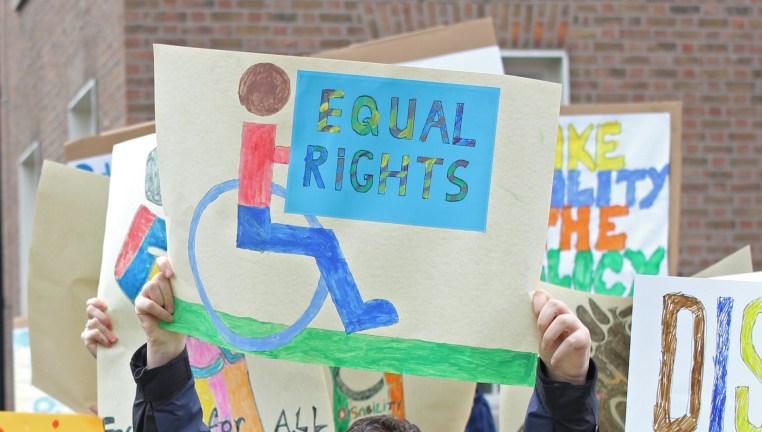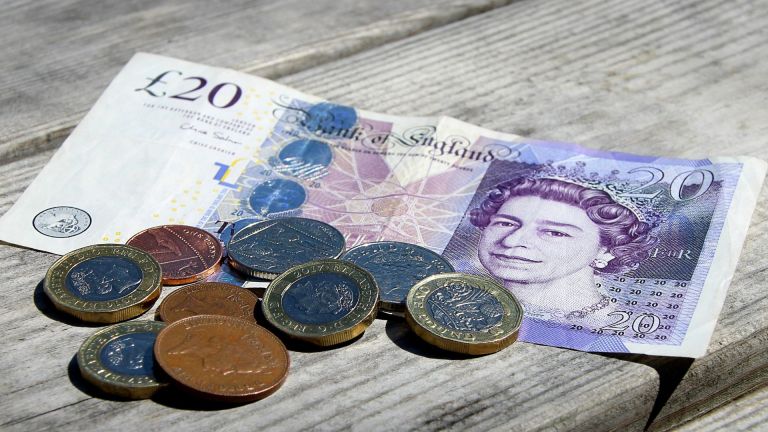The latest attempt to see if a universal basic income can work comes in a trial launched in Jarrow, in the north-east of England, and in East Finchley, in North London. Thirty people between those two locations will each receive £1,600 a month for two years. They’ll be assessed to see whether their financial wellbeing improves, and also their mental health.
The idea of a universal basic income is not new. Going back to Thomas More and accelerating through Bertrand Russell, LBJ and some challenging contemporary characters like Elon Musk, the idea of a base level of income for all has gathered curious support on the left and right of politics.
As a means of trying to properly change the system and eradicate poverty, it remains a fascinating prospect. But the challenges are many.
In recent years, there have been a number of trials, the biggest, naturally, in Finland. For two years from 2017, 2,000 randomly chosen people were given a basic monthly income of €560 (£480) to replace their unemployment benefit. One of the metrics they measured was whether having this increased income encouraged or discouraged those people to get into work. The outcomes were inconclusive.
In Wales, there is an ongoing trial, about halfway through, to give 500 care leavers £1,600 a month for two years.
In Ireland, they’re testing this on a different set of people. Since last autumn, about 2,000 artists have been receiving €325 [£280] a week for three years to see what happens. It is a creative accelerant.










